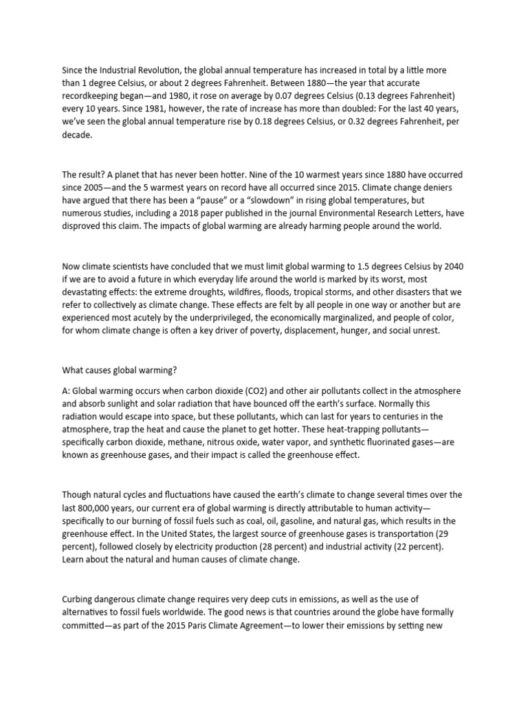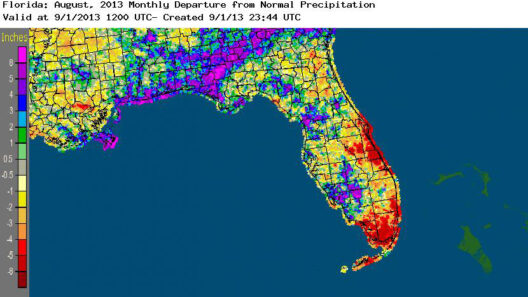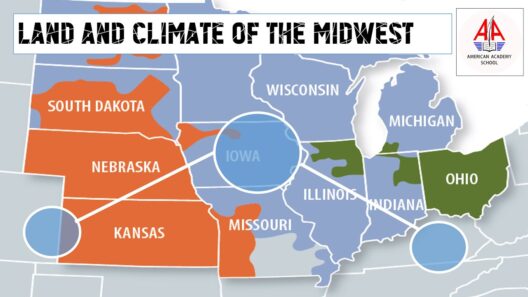In recent years, consumer awareness regarding sustainability and environmental impact has burgeoned. Shoppers are increasingly inclined to scrutinize the ecological ramifications of their purchasing decisions. One prominent initiative that has emerged in this landscape is Amazon’s “Climate Pledge Friendly” badge. But what does this designation signify? This article delves into the intricacies of the ‘Climate Pledge Friendly’ label, examining its implications for consumers, manufacturers, and the broader environmental landscape.
The ‘Climate Pledge Friendly’ badge is an emblem of commitment to sustainability, designed to guide consumers toward products that are more environmentally responsible. This initiative is part of Amazon’s broader strategy to address climate change and environmental degradation. By incorporating this badge into its merchandise, Amazon aims to facilitate responsible consumer choices while encouraging brands to adopt eco-friendlier practices.
At first glance, this badge may appear to be merely a marketing gimmick designed to capitalize on the consumer trend toward sustainability. However, a closer examination reveals that it is rooted in a robust framework of criteria aimed at promoting sustainable practices across various industries. To qualify for this designation, products must meet rigorous standards that align with established sustainability goals.
At its core, the ‘Climate Pledge Friendly’ badge indicates that a product has been verified against one of several sustainability certifications. These certifications are not arbitrary; they stem from recognized environmental standards that assess the product’s lifecycle, ranging from sourcing materials, production processes, packaging, and distribution, to the end-of-life stage. Each aspect is scrutinized to ensure that the product not only minimizes harm to the environment but also actively contributes toward sustainability goals.
Among the certifications recognized under the ‘Climate Pledge Friendly’ initiative are well-known standards like Energy Star, USDA Organic, and Fair Trade. Each of these certifications embodies distinct criteria that promote various elements of sustainability. For instance, Energy Star certified products are tested for energy efficiency, thereby reducing energy consumption and greenhouse gas emissions. USDA Organic signifies that agricultural practices have minimized chemical usage and promoted biodiversity.
This brings to light another critical dimension of the ‘Climate Pledge Friendly’ badge: transparency. In an age where consumers are increasingly discerning and demand accountability from brands, such transparency is invaluable. The badge provides a clear indicator that the product has undergone scrutiny and meets predefined criteria for sustainability, thus allowing consumers to make informed decisions. This electric marriage between consumer knowledge and ethical business practice is a vital leap towards fostering a more conscientious marketplace.
Furthermore, the implementation of the ‘Climate Pledge Friendly’ initiative is intricately tied to a larger narrative of corporate responsibility. In the face of mounting environmental challenges such as climate change, pollution, and biodiversity loss, companies are recognizing the imperative to adapt. The corporate sphere is gradually evolving, with companies striving to align their operations with environmental stewardship principles. By adopting sustainability practices and promoting eco-friendly products, companies contribute to mitigating the adverse effects of industrialization, thereby enhancing their reputation and consumer loyalty.
However, despite the positive implications, the ‘Climate Pledge Friendly’ badge is not devoid of critique. Skeptics may argue that the initiative could lead to ‘greenwashing’—where brands exaggerate or fabricate their environmental credentials to attract eco-conscious consumers. This concern underscores the need for vigilance among consumers; the presence of a badge does not automatically equate to genuine sustainability. It is imperative for shoppers to remain inquisitive, to question the authenticity of the certifications and the corporate practices behind the claims.
Moreover, another aspect of the badge deserving scrutiny is the potential for uneven playing fields. Smaller companies, which may lack the resources to pursue recognized certifications, could struggle to compete against larger corporations that easily meet the sustainability benchmarks. For small enterprises dedicated to sustainable practices but lacking the official seals, the visibility of the ‘Climate Pledge Friendly’ badge could become a double-edged sword.
As consumers gravitate toward ‘Climate Pledge Friendly’ products, they not only champion sustainability but also drive market demand for transparency and accountability from brands. This consumer behavior is likely to invigorate a ripple effect throughout the industry. Businesses that prioritize sustainability may stand to gain a competitive edge, thus compelling those lagging behind to reevaluate their strategies.
Ultimately, the ‘Climate Pledge Friendly’ badge is more than a mere logo on a product; it serves as a beacon guiding consumers toward more sustainable choices while simultaneously prompting companies to adopt responsible practices. By fostering a culture of transparency and accountability, the initiative encourages a comprehensive transformation within the marketplace.
In closing, the emergence of the ‘Climate Pledge Friendly’ badge signifies a pivotal moment in consumer culture and corporate responsibility. As individuals become more informed about the products they purchase, they wield considerable influence in shaping the market. The endeavor for sustainability is multifaceted, encompassing not only the products we choose but also the principles upon which companies operate. Therefore, embracing the ethos behind the ‘Climate Pledge Friendly’ designation paves the way for a sustainable future, where ecological considerations become intrinsic to our everyday choices.








